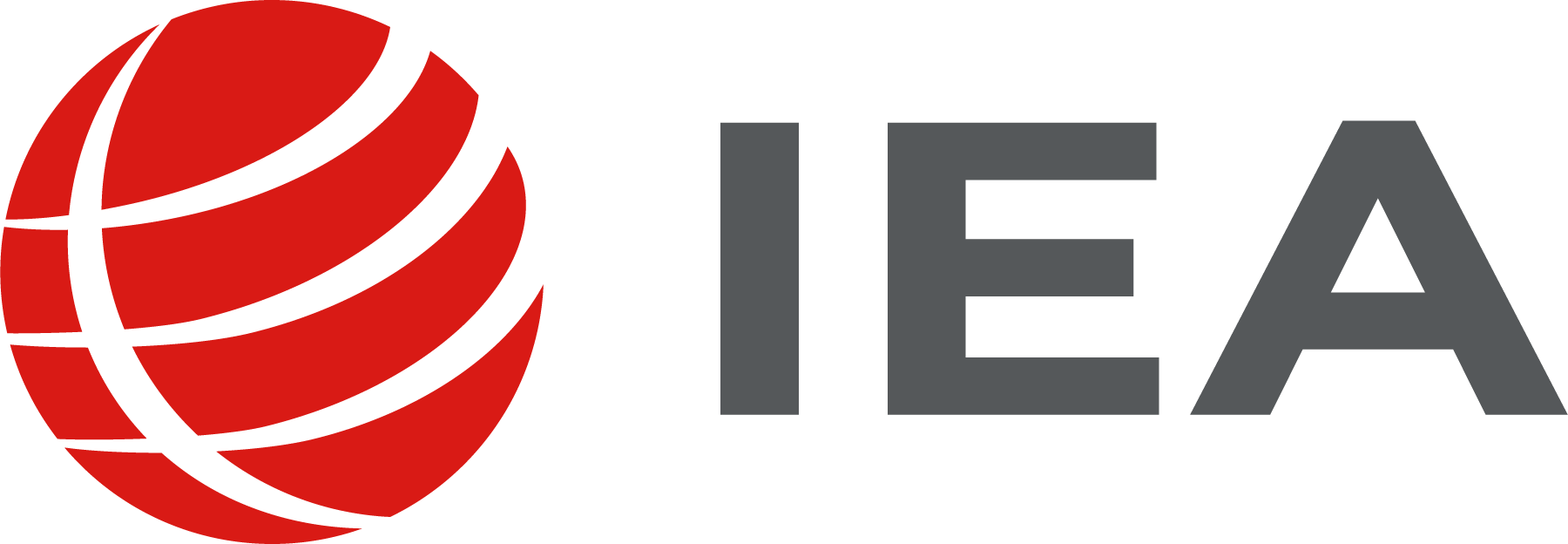PIRLS 2026 is the sixth cycle of the international reading and literacy assessment and one of the flagship studies of IEA.
Directed by the TIMSS & PIRLS International Study Center at Boston College, PIRLS is conducted every five years at the fourth grade, and PIRLS 2026 will mark 25 years of trend data. IEA’s PIRLS provides internationally comparative data on how well children read by assessing fourth grade students’ reading achievement and offers policy-relevant information for improving teaching and learning.
PIRLS 2026 completes the transition to a fully digital assessment making it possible for all students to participate in a reading assessment based on a variety of visually attractive, colorful, and interactive reading materials. This digital assessment system will make it possible for students to participate in a unified reading assessment that reflects the younger students’ many reading experiences in- and out-of-school and are designed to engage and motivate students. Furthermore, the digital environment provides the opportunity to collect process data about how students proceed through the assessment, making it possible to examine the response strategies and processes used by successful readers.
Countries requiring a paper option can consider IEA’s LaNA which uses less difficult paper-based versions of PIRLS and TIMSS to assess literacy and numeracy and provides a broad estimate of achievement on the PIRLS and TIMSS scales.
Total number of education systems interested in participating in PIRLS 2026: 61
Albania; Australia; Austria; Azerbaijan; Bahrain; Belgium, Flemish; Belgium, French; Brazil; Bulgaria; Canada; Chile; Chinese Taipei; Cyprus; Czech Republic; Denmark; England; Finland; France; Georgia; Germany; Hong Kong SAR; Hungary; Iran, Islamic Rep. of; Iraq; Ireland; Israel; Italy; Jordan; Kazakhstan; Korea, Rep. of; Kosovo; Kuwait; Latvia; Lebanon; Lithuania; Macao SAR; Malta; Montenegro; Morocco; Netherlands; New Zealand; North Macedonia, Rep. of; Northern Ireland; Norway; Oman; Poland; Portugal; Qatar; Romania; Saudi Arabia, Kingdom of; Scotland; Serbia; Singapore; Slovak Republic; Slovenia; South Africa; Spain; Sweden; United Arab Emirates; United States; Uzbekistan.
PIRLS 2026 offers countries the opportunity to participate in a world-class assessment of reading comprehension. PIRLS achievement data are accompanied by background information from the assessed students, their parents, teachers and school principals on how education systems provide educational opportunities to their students, as well as the factors that influence how students use these opportunities. Background data include information about: national curriculum policies in reading; how the education system is organized to facilitate learning; students’ home environment for learning; school climate and resources; and how instruction actually occurs in classrooms. Trend results across study cycles permit countries to monitor the effectiveness of their education systems in a global context.
PIRLS 2026 will offer a special opportunity of a PIRLS Longitudinal Study, which will re-assess the same students one year after the PIRLS 2026 assessment. Countries participating in PIRLS 2026 are invited to participate in the optional PIRLS Longitudinal Study.
The objective is to provide highly valuable information by following a longitudinal design to disentangle cohort and grade effects and to investigate learning gains over the span of one year. For countries that choose to participate in this option, the PIRLS Longitudinal Study will be administered to the same students one year after the PIRLS 2026 administration to measure learning progress and advancing educational effectiveness research. Preparation of the optional longitudinal study will begin in parallel with the current cycle of the study, PIRLS 2026. Further information can be found within the PIRLS 2026 Introductory Package.
February 2023
1st meeting of National Research Coordinators (NRCs)
February 2024
2nd NRC meeting
June 2024
3rd NRC Meeting
June/July 2024
Publication of PIRLS 2026 Frameworks
Early 2025
Field Trial
March 2025
4th NRC Meeting
Mid-2025
Field trial analysis
August 2025
5th NRC meeting
March 2026
6th NRC Meeting
Early to Mid-2026
Main survey data collection in Northern Hemisphere countries
End 2026
Main survey data collection in Southern Hemisphere countries
March 2027
7th NRC meeting
July 2027
8th NRC Meeting
December 2027
Publication of the results
Early 2028
Launch of a public-use database and documentation
9th NRC Meeting
For country enrollment, please contact IEA Amsterdam Director, Dr Andrea Netten.
Detailed information about PIRLS 2026, costs and timelines involved are available in the information package and formal invitation letter below.
